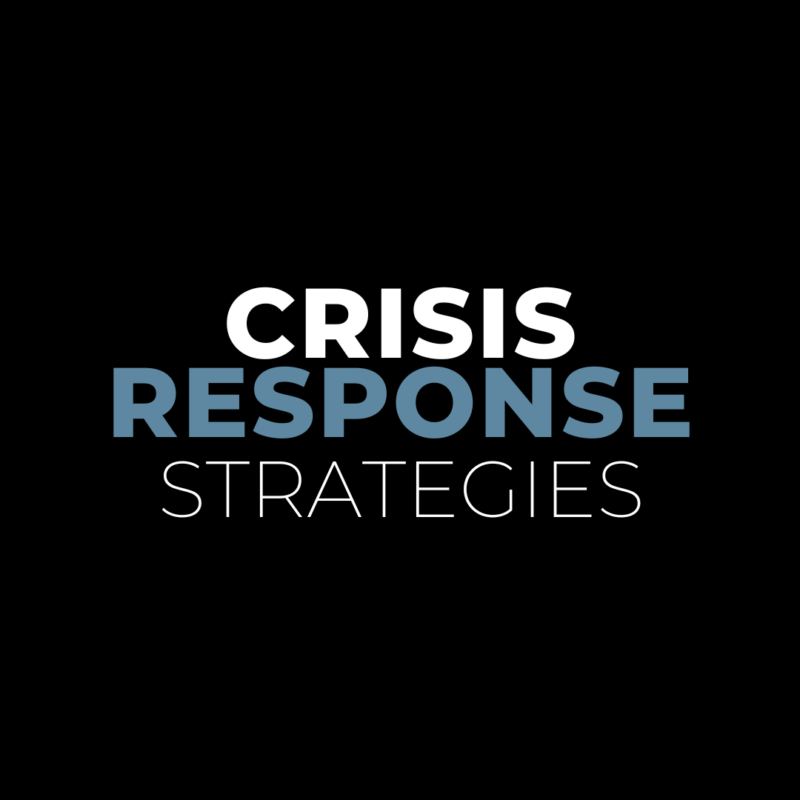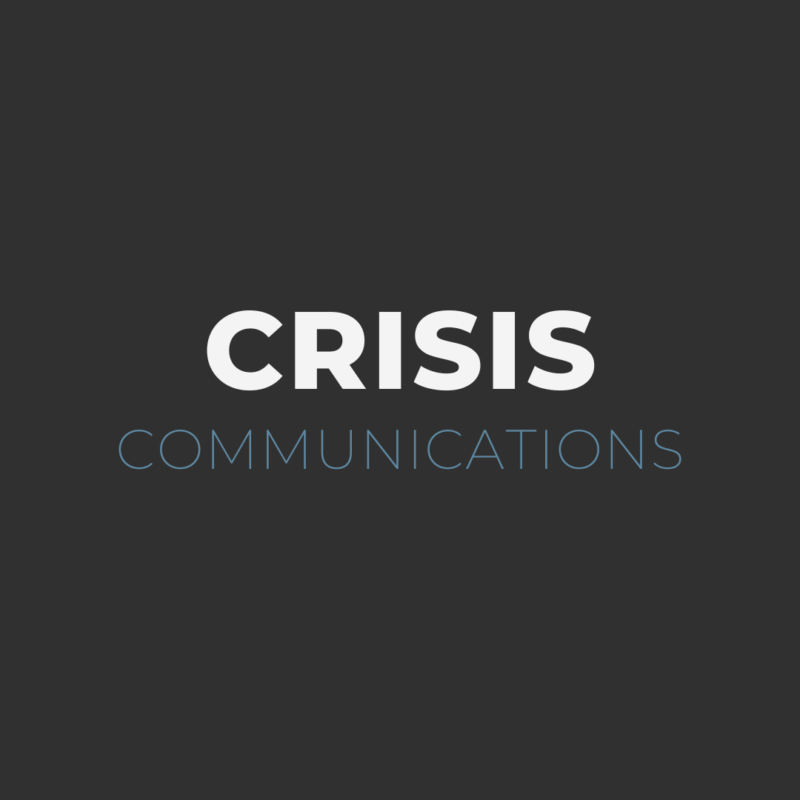How to prepare for a PR crisis
Any public relations professional will tell you preparation is key for a crisis. Whether you’re worrying about a hypothetical problem or a mistake that may snowball into a larger issue, it’s important to have a plan. With a PR team on your side, you will have expertise guiding you to the best course of action. If you don’t have a set team to help with crises, there are a few action items you can complete to make sure you survive the storm.
Identify potential issues
There are likely common problems that arise in your field, whether you lead a restaurant, law firm or school. Look at organizations similar to yours and see where they have experienced issues in the past. If it’s common for negative reviews to plague your competitors, go ahead and set a plan to garner positive feedback and graciously respond to criticism online. If you have an opinionated employee who tends to be a loose cannon online, consider having an honest conversation about your expectations. Anything that could damage the reputation of your business needs to be addressed on the front end.
Create a crisis communication plan
Develop a crisis communication plan in the early stages of your organization. A detailed plan that outlines who will be the spokesperson, who is responsible for handling media, which employees can speak to media, etc. This document will be your guide in a problem scenario. The last thing you want is to have internal miscommunication during a crisis. When you have a plan to lean on, it serves as a guide for the whole organization. Getting all of the key players set in place ahead of time will help ease some of the worry.
Pick your partner
In your crisis communication plan, identify someone on your team who will have the responsibility of taking charge in a crisis scenario. Whether it’s the CEO, communication department or a PR firm is up to you. This needs to be someone who is organized, level-headed and has a position that can speak for the entire company. However, make sure the messages you send out are a team effort. You should mull over your words to ensure as little confusion and outrage from key audiences as possible. Don’t send out any messages without first running them by others.
Don’t panic
If you’ve already found yourself in the beginning stages of a crisis, try to not panic. Jumping the gun and sending out an immediate message can sometimes put you in a tougher situation. Answer all questions that people may have about the situation for yourself before you share. Make sure you fully understand what happened, how it happened and why it happened. If you can’t think of these answers, do some internal research and investigate the situation. Then, once you have a clear picture of the problem at hand, develop your public message.
A full-service public relations firm like Obsidian can help you with any of these steps. In fact, one of the first things we do when we begin working with an organization is identify potential weak spots. If you are looking for some communications help, reach out and start the conversation!


